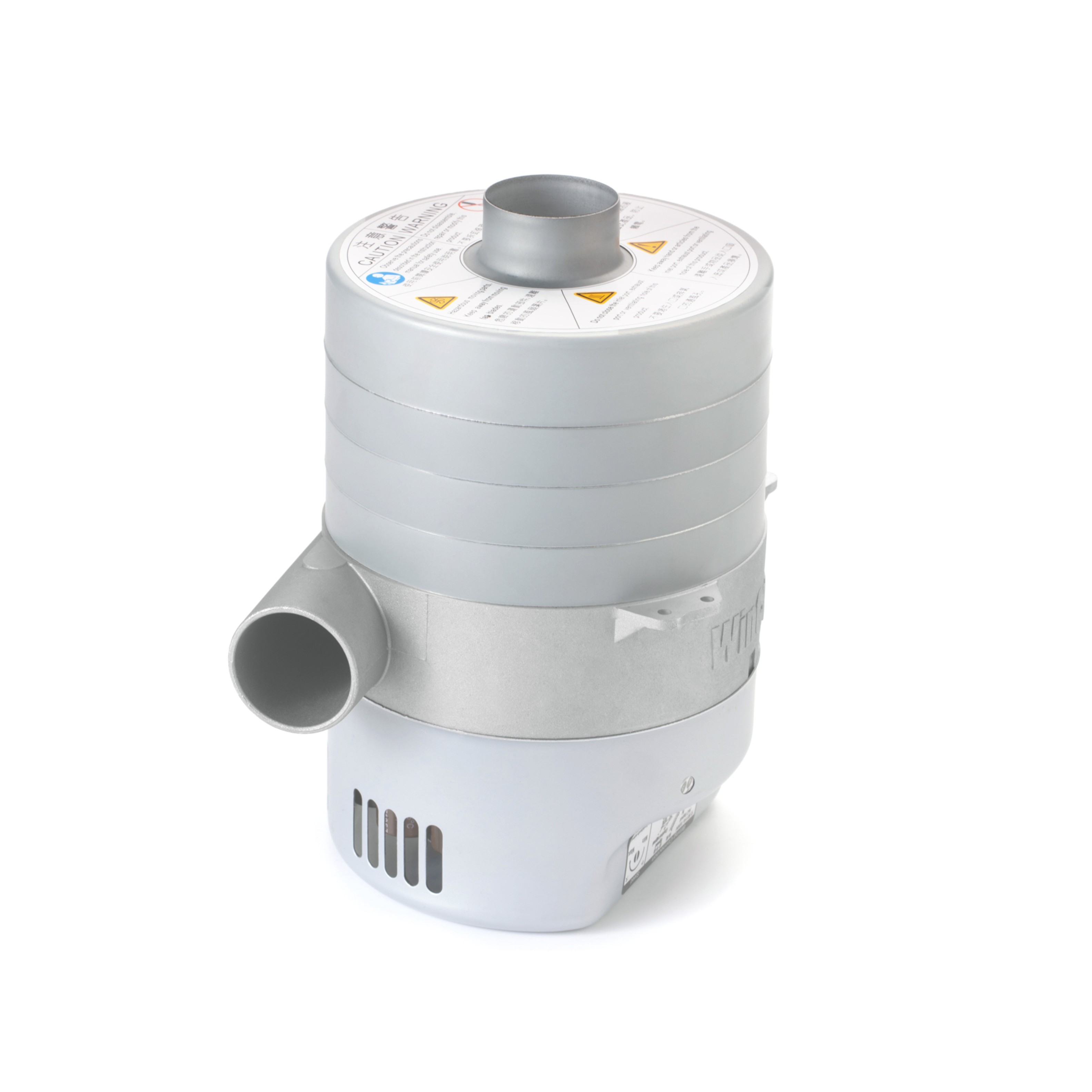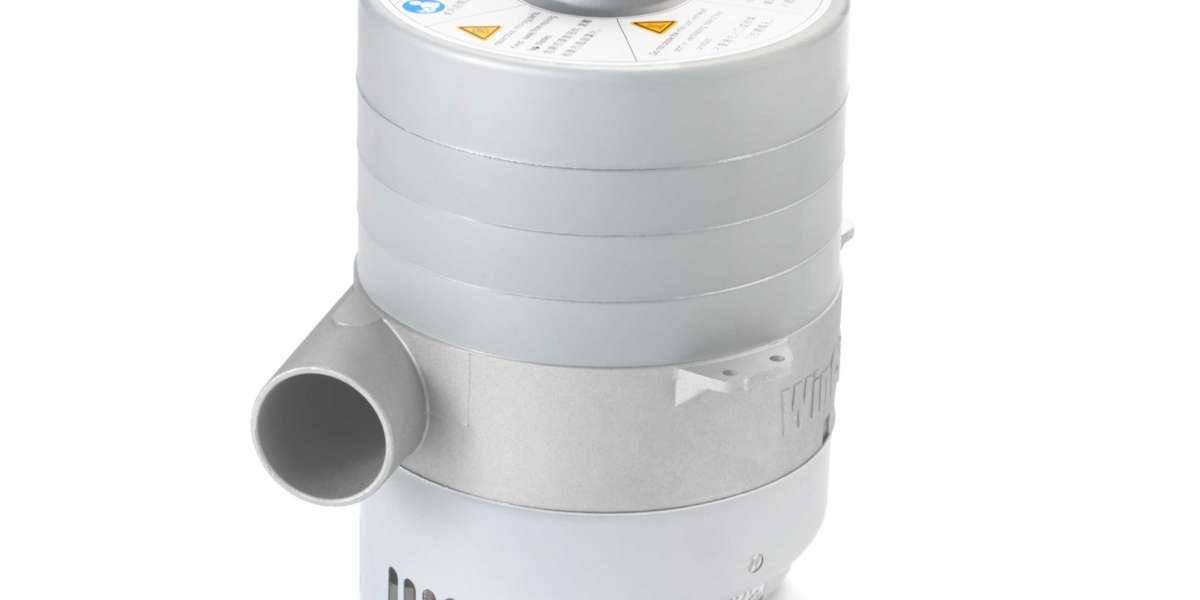In recent years, the demand for energy-efficient and environmentally friendly technologies has surged across various industries. One area that has seen significant advancements is air pumping technology, particularly the WinCend adsorption variable speed air pump. The adsorption variable speed air pump precisely controls air flow by adjusting the speed. It automatically adjusts its operating state based on actual demand, thereby improving energy efficiency and reducing noise. Based on adsorption technology, this pump effectively removes impurities and moisture from the air, ensuring high-quality output air.

Understanding Adsorption Variable Speed Air Pumps
Adsorption variable speed air pumps utilize the principles of adsorption to compress air. Unlike traditional air pumps, which operate at a fixed speed, these pumps can adjust their speed based on the demand for air. This adaptability not only improves energy efficiency but also reduces wear and tear on the pump components, leading to a longer lifespan.
Key Components
Adsorption Material: The choice of adsorption material is crucial for the pump's efficiency. Advanced materials, such as zeolites and activated carbon, have been developed to enhance the adsorption process, allowing for better air compression and lower energy consumption.
Variable Speed Drive (VSD): The integration of VSD technology enables the pump to operate at varying speeds. This feature allows the pump to match its output with the actual demand, significantly reducing energy waste.
Control Systems: Modern control systems equipped with sensors and algorithms optimize the pump's performance in real-time. These systems monitor parameters such as pressure, temperature, and humidity, adjusting the pump's operation accordingly.
Technological Innovations
Enhanced Efficiency
Recent innovations in adsorption materials have led to significant improvements in the efficiency of variable speed air pumps. New composite materials with higher adsorption capacities allow for more effective air compression, reducing the energy required for operation. Additionally, the development of nanotechnology has enabled the creation of materials that can operate effectively at lower pressures, further enhancing efficiency.
Smart Control Systems
The advent of smart technology has revolutionized the operation of adsorption variable speed air pumps. Advanced control systems equipped with artificial intelligence (AI) can predict demand patterns and adjust the pump's operation proactively. This not only improves efficiency but also minimizes downtime, as the system can perform self-diagnostics and maintenance alerts.
Noise Reduction Technologies
Noise pollution is a significant concern in many industrial applications. Recent innovations have focused on reducing the noise generated by air pumps. The use of sound-dampening materials and advanced design techniques has led to quieter operation, making these pumps suitable for use in noise-sensitive environments.
Performance Improvement
Energy Savings
One of the most significant benefits of adsorption variable speed air pumps is their potential for energy savings. By adjusting their speed to match demand, these pumps can reduce energy consumption by up to 30% compared to traditional fixed-speed pumps. This not only lowers operational costs but also contributes to a reduced carbon footprint.
Increased Reliability
The integration of advanced materials and smart control systems has enhanced the reliability of adsorption variable speed air pumps. With fewer moving parts and the ability to self-regulate, these pumps experience less wear and tear, resulting in lower maintenance costs and increased operational uptime.
Versatility in Applications
Adsorption variable speed air pumps are highly versatile and can be used in various applications, including HVAC systems, industrial processes, and even in renewable energy systems. Their ability to adapt to different operational requirements makes them an ideal choice for a wide range of industries.
Case Studies
HVAC Systems
In HVAC applications, the implementation of adsorption variable speed air pumps has led to significant improvements in energy efficiency. A case study in a commercial building showed a 25% reduction in energy consumption after replacing traditional pumps with variable speed models. The building's occupants also reported improved air quality and comfort levels.
Industrial Processes
In manufacturing, the use of these pumps has streamlined operations. A factory that integrated adsorption variable speed air pumps into its production line reported a 30% increase in productivity due to the pumps' ability to maintain consistent air pressure while reducing energy costs.
Conclusion
The technological innovations in adsorption variable speed air pumps have transformed the landscape of air pumping technology. With enhanced efficiency, smart control systems, and increased reliability, these pumps are paving the way for more sustainable and cost-effective solutions across various industries. As the demand for energy-efficient technologies continues to grow, the role of adsorption variable speed air pumps will undoubtedly become more prominent in the quest for improved performance and environmental responsibility.
https://www.wincendtech.com/technological-innovation-and-performance-improvement.html








